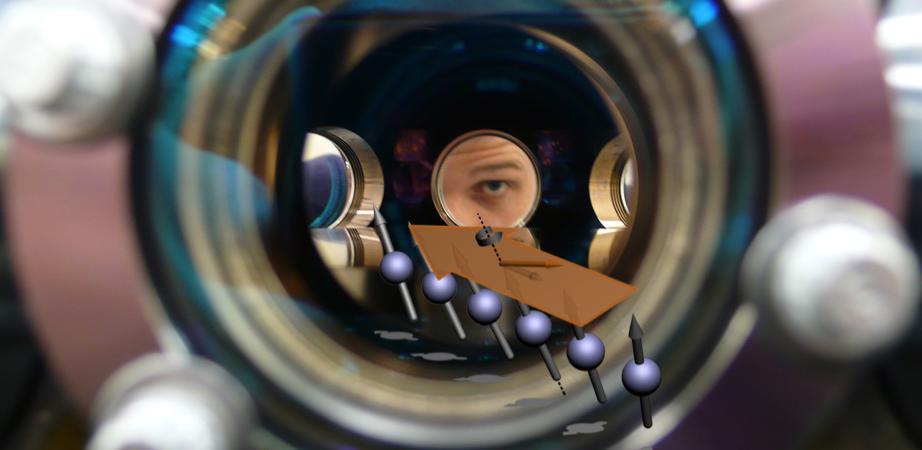
The world around us is dynamic and out of equilibrium – yet in the classroom, discussions of solids and liquids typically rely upon equilibrium. Ultracold atoms offer a new window into quantum many-body dynamics: evolution is coherent, dynamics are slow, and we can image them in situ. In this talk, after an introduction to ultracold atoms, I will discuss several experiments with cold fermions aimed at searching for new paradigms in physics of dissipation and transport. How does magnetization relax in strongly interacting gases? We find evidence for a “speed limit” on the rate of spin diffusion, that holds both in two-dimensional and three-dimensional systems. A second series of experiments probes the dynamic conductivity of cold atoms in a lattice. We find that atom-atom scattering neither creates nor destroys conductivity, but only re-arranges its spectral distribution.
Biography: Joseph Thywissen is a Professor of Physics, and a Senior Fellow of Massey College, at the University of Toronto. His experimental research group uses ultracold neutral atoms to explore quantum many-body physics. He earned his Ph.D. at Harvard University in 2000, followed by two postdoctoral years in France, in the group of Alain Aspect. In 2003, he was awarded the John Charles Polanyi Prize in Physics, and came to the University of Toronto as a Canada Research Chair. He is currently a Fellow of the Canadian Institute for Advanced Research, and a Fellow of the American Physical Society.
Host: Nir Navon
Tea after the talk in Sloane Physics Lab, 3rd Floor Lounge